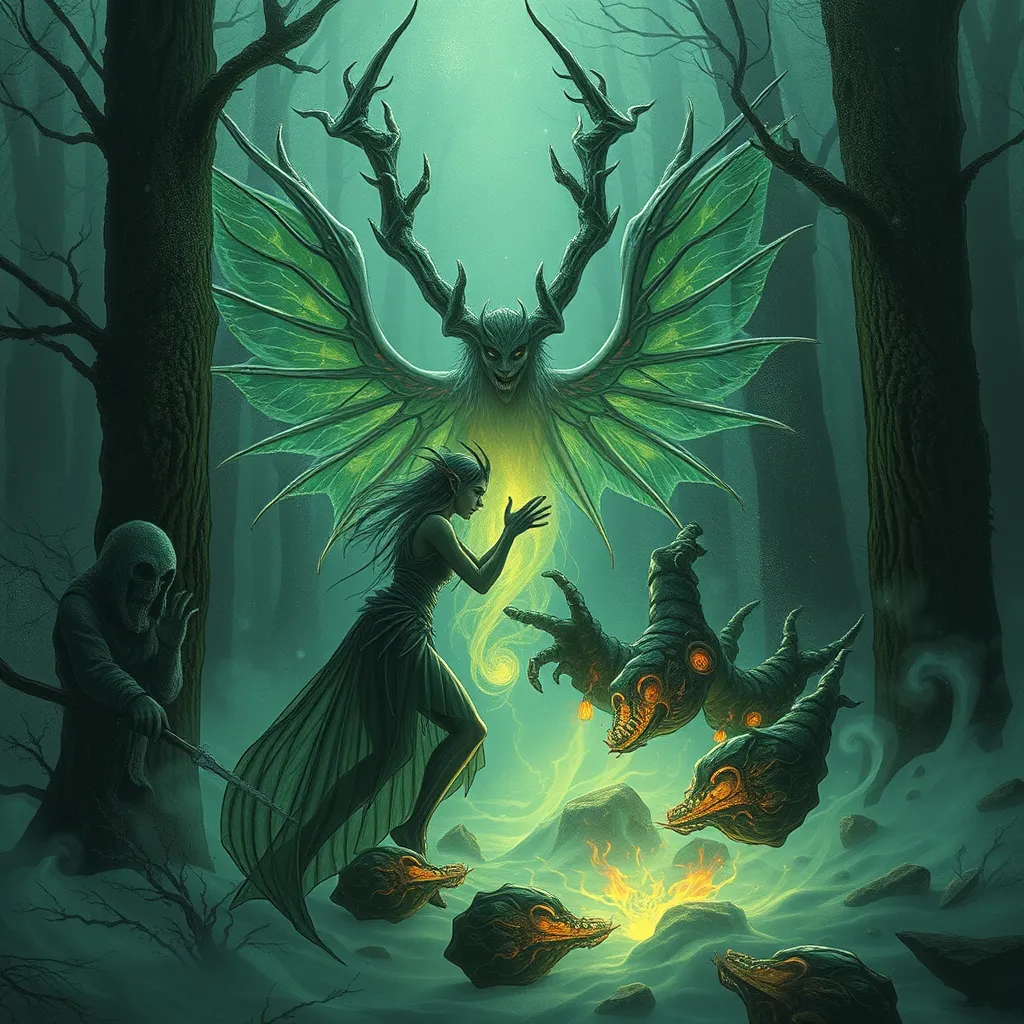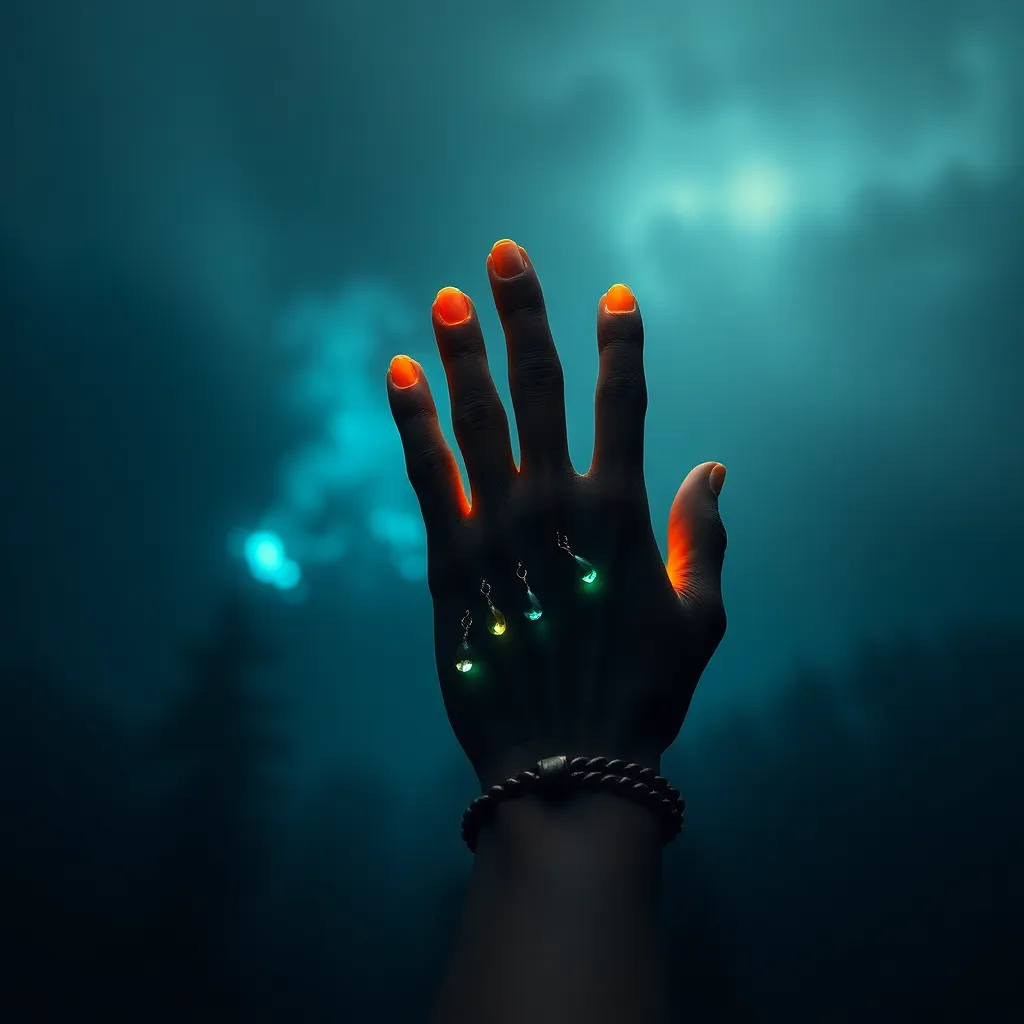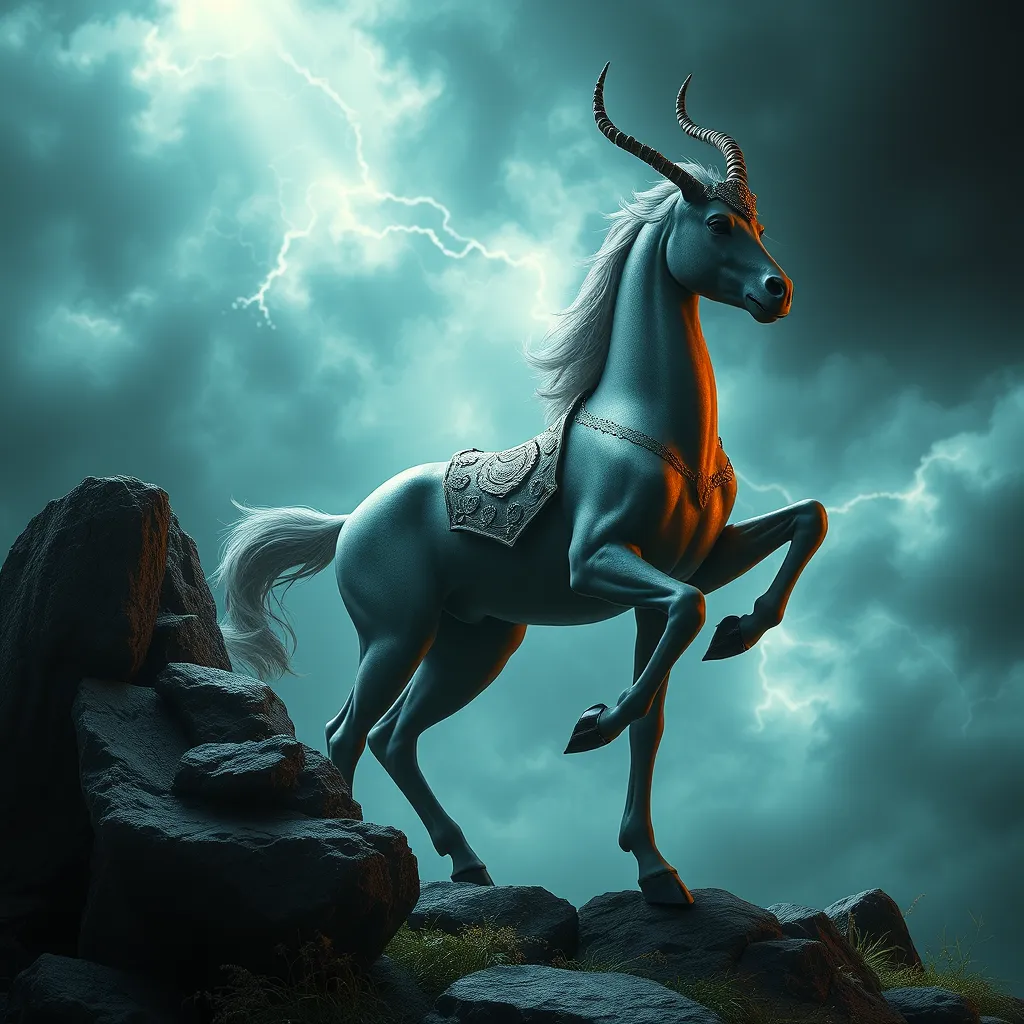The Elven Fear: Examining the Fears, Phobias, and Loathing of the Fae
I. Introduction
Elven mythology is a rich tapestry woven from the threads of ancient folklore, revealing a deep connection between the Fae and the natural world. These ethereal beings, often depicted as beautiful and graceful, hold a significant place in various cultural narratives, symbolizing both enchantment and peril.
The duality of the Fae is a central theme in Elven folklore; they embody beauty and benevolence while simultaneously harboring dangers that can lead to dire consequences for unwary mortals. This duality fosters a complex understanding of their character, often leading to a range of fears and phobias that shape their existence.
The purpose of this article is to explore the fears and phobias of Elven beings, delving into the psychological and cultural dimensions that define their experiences. By examining the intricacies of their fears, we can gain valuable insights into the psyche of these enigmatic creatures.
II. Understanding the Elven Psyche
The Elven communities are characterized by their rich cultural backgrounds and societal norms that differ significantly from human experiences. Their long lifespans allow them to cultivate a deep connection to their environment and history, which profoundly impacts their psychological makeup.
Elven beings often exhibit psychological traits such as:
- Heightened sensitivity to their surroundings
- A strong connection to nature
- A tendency towards introspection and contemplation
Their immortal nature can complicate fear responses. Unlike humans, who may fear death, Elves may fear the erosion of their identity and the loss of their cherished memories. The passage of time, while seemingly insignificant to them, can still evoke anxieties about change and the unknown.
III. Common Fears Among the Fae
Elven fears are often deeply ingrained, reflecting their unique experiences and societal values. Some of the most common fears among the Fae include:
A. Fear of Loss of Identity and Individuality
Elves often fear losing their individuality in a world that constantly changes. As immortal beings, they are acutely aware that their identities are tied to their memories and experiences. The thought of becoming a mere shadow of their former selves instills a profound dread in many.
B. Phobia of the Mundane
Human encroachment and the rise of technology pose significant threats to Elven existence. The mundane world, with its noise and chaos, can create a phobia that drives them to retreat into the depths of the forest or hidden realms. The fear of losing their connection to nature is paramount.
C. The Terror of Corruption
Dark magic and its implications evoke a deep-seated terror among the Fae. The corruption of nature and the potential for their realm to be tainted by malevolent forces are fears that resonate within their cultural narratives, often leading to cautionary tales about the dangers of unchecked power.
IV. Historical Context of Elven Fears
The folkloric origins of Elven fears can be traced back to ancient stories and encounters with humans. These narratives often depict Elves as protectors of nature, facing threats from those who seek to exploit it.
Historical encounters with humans have left an indelible mark on the Elven psyche. As societies evolved and encroached upon their sacred lands, Elves experienced a transformation in their fears. The evolution of these fears reflects various cultural interpretations, adapting to changing societal dynamics.
V. Symbolism of Fear in Elven Lore
Fear serves as a powerful narrative device in Elven stories, often symbolizing deeper moral lessons. Through tales of caution, Elves communicate the consequences of hubris, greed, and disrespect for nature.
Fear-based motifs are prevalent in Elven art and literature, often depicted as:
- Dark forests that symbolize the unknown
- Shadows representing lost identities
- Corrupted landscapes illustrating the dangers of dark magic
The role of fear in shaping moral lessons within Elven culture is crucial, as it encourages both self-reflection and a collective responsibility to protect their way of life.
VI. The Interplay Between Fear and Power
Fear plays a significant role in influencing Elven behavior and decision-making. Understanding the nature of their fears can provide insight into their actions and social structures.
The paradox of fear as a source of strength and vulnerability is evident in Elven society. While fear can drive them to protect their realm, it can also render them susceptible to manipulation and despair.
Furthermore, fear maintains social order among the Fae. Elders often instill cautionary practices to ensure the safety and preservation of their culture, demonstrating how fear can act as a bonding agent in communities.
VII. Modern Interpretations and Representations
Contemporary literature and media portrayals of Elven fears have evolved, reflecting modern society’s anxieties. Current representations often explore themes of isolation, environmental degradation, and the struggle for identity.
The impact of modern society on traditional Elven fears is profound. As technology advances, the Fae’s fears of human encroachment take on new dimensions, leading to a reimagining of their ancient tales.
Reimagining Elven fears in a modern context allows for a deeper understanding of their relevance today. It challenges us to confront our own fears and the consequences of our actions on the natural world.
VIII. Conclusion
In summary, the exploration of Elven fears and phobias reveals a complex interplay of cultural, psychological, and historical factors. These fears are not merely whimsical tales but reflect profound truths about identity, nature, and the human condition.
Understanding the psyche of the Fae is essential for appreciating the depth of their narratives and the moral lessons they impart. As we navigate our modern world, the relevance of Elven fears serves as a reminder of the delicate balance between beauty and danger, and the importance of respecting the natural world.
Ultimately, the study of Elven fears encourages us to reflect on our own fears and the societal constructs that shape them, fostering a greater understanding of ourselves and the world around us.



